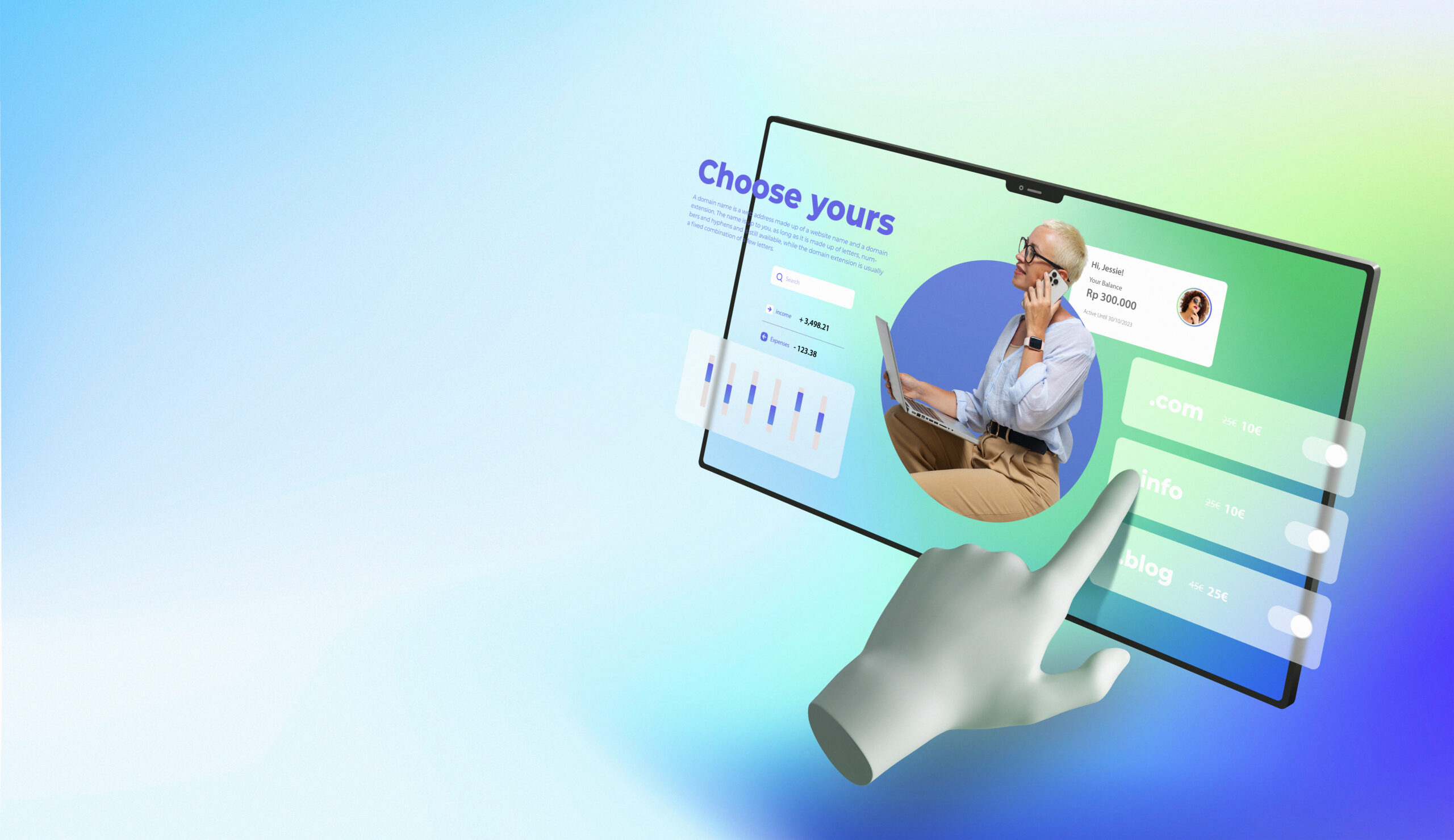In today’s digital era, the Internet has become an indispensable part of our daily routines. From the moment we wake up until we retire for the night, our interactions with the web are constant and varied. Among these interactions, one of the most subtle yet significant players is the web cookie. These small data packets may seem innocuous, but they hold a great deal of power in shaping our online experience. Simultaneously, they sit at the center of a heated debate on user privacy.
This delicate equilibrium between the functionality of web cookies and the preservation of privacy is a subject that deserves our attention. Not only does it affect our individual browsing experience, but it also raises broader concerns about the ethics and responsibilities of the digital age. So, let’s delve into the complex role of web cookies and how they intersect with our right to privacy.
Let Webtec’s Services craft your website’s success story starting today!
The Inconspicuous but Mighty Web Cookie
At their core, web cookies are simple. They’re essentially small files that websites send to a user’s device, which are stored in the browser. Their primary function is to remember information about your visit to a website. This could include logging your login details, remembering your language preferences, or keeping track of the items in your shopping cart. Without them, our online activities would be far less convenient, as sites would struggle to remember our actions from one visit to the next.
However, web cookies also serve another, more controversial purpose. They can track your browsing habits, providing companies with valuable insights into your interests and behavior. This information is often used for targeted advertising, a practice that generates revenue for businesses but has raised alarms among privacy advocates.
The Privacy Conundrum
The heart of the issue lies in the trade-off between personalized user experience and the right to privacy. On one hand, cookies enable a tailored web experience, showing you content that aligns with your interests. On the other, they can compile a surprisingly detailed profile of your online activities, often without explicit consent.
This tension has not gone unnoticed. Users are becoming increasingly aware of their digital footprints and the potential risks associated with personal data collection. In response, regulators around the world have stepped in to ensure that user privacy is protected, compelling companies to adopt more transparent data practices.
Looking for more? Our latest blog post delves deeper into the topic: Why Websites Are Always Asking: “Can We Use Your Cookies?”
The Regulatory Response
Legislation like the General Data Protection Regulation (GDPR) in the European Union and the California Consumer Privacy Act (CCPA) in the United States have set new precedents for data protection. These regulations mandate that companies obtain user consent before collecting personal data, among other requirements. The result is a more informed user base that can choose whether to allow their data to be collected and used.
The Industry’s Adaptation
The tech industry has responded to these privacy concerns with varying strategies. Some companies have ramped up their privacy features, offering more robust controls over web cookies. Browser developers, too, have joined the fray, with some introducing features that block third-party cookies by default.
Additionally, there’s a growing trend toward developing alternative tracking methods that aim to be less invasive while still providing valuable data for businesses. These new techniques promise a middle ground, where user experience and privacy can coexist without conflict.
What Does the Future Hold?
The conversation around web cookies and privacy is evolving. Technological advancements, along with shifting public perceptions and tightening regulations, are steering us toward a future where user privacy is given more prominence. Yet, this does not spell the end for web cookies. Rather, it calls for innovation in how we use them.
Companies are experimenting with less intrusive forms of cookies and looking into privacy-preserving technologies like differential privacy. The aim is to find a model that respects user privacy while maintaining the economic viability of the digital ecosystem.
The Role of Users in Shaping the Future
Users are not mere bystanders in this debate. They have the power to influence the industry through their choices and advocacy. By utilizing privacy tools, adjusting browser settings, and supporting businesses that prioritize user privacy, individuals can send a powerful message about the value they place on their data.
Education and Awareness
Another crucial aspect is education. Users must understand the role of web cookies to make informed decisions. This includes recognizing the benefits they provide and the potential privacy trade-offs. With greater awareness, users can better navigate their privacy options and advocate for practices that protect their interests.
The Ongoing Dialogue
The dialogue on web cookies and privacy must continue. It requires the collaboration of regulators, industry players, and users. Each group has a role to play in fostering a digital environment that respects privacy without stifling innovation.
The Balancing Act Continues
As the web continues to evolve, the balance between web cookies and user privacy will remain a dynamic challenge. But with concerted effort and a commitment to respecting user rights, it’s possible to cultivate a web that’s both functional and respectful of privacy.
Conclusion
The issue of web cookies and user privacy is not one with simple solutions. It encapsulates the complexities of the modern web, reflecting our desires for both convenience and confidentiality. As we move forward, finding balance remains imperative. It’s a task that calls for careful thought, ongoing dialogue, and a shared commitment to forging a digital space that honors both utility and privacy.
In a world where our digital lives are more prominent than ever, taking the time to understand and engage with the topic of web cookies is not just beneficial—it’s essential. As stewards of our own online presence, we must remain vigilant and proactive, ensuring that the scales of privacy and functionality are balanced in favor of a respectful and user-centric online world.


